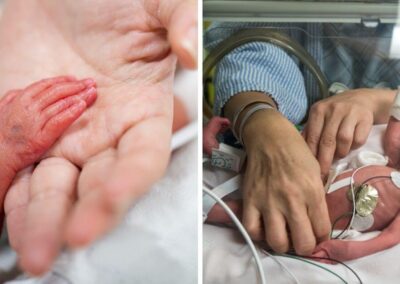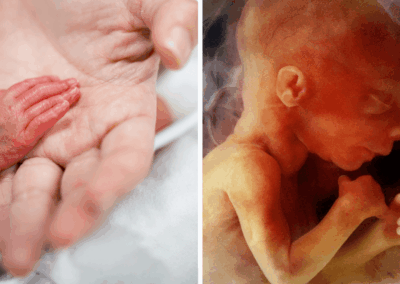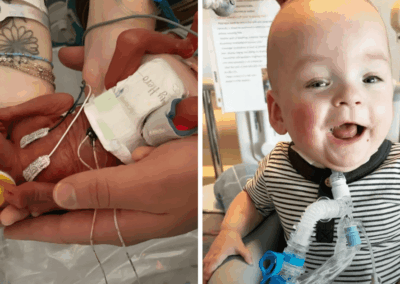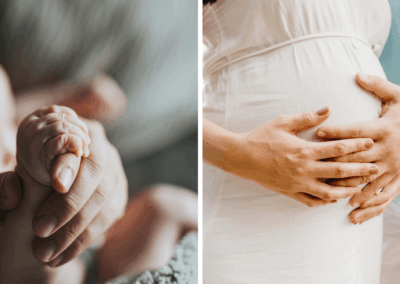A set of triplet boys from Auckland born at just 27 weeks gestation and each weighing less than a kilogram celebrated their first birthdays after they were born less than a year after their parents became a couple.
The boys’ mum, Maria Munkowits, said that she and the boys’ father, Ollie Ward, had a “one in 10,000” chance of spontaneously conceiving their triplets, who made Maria a first-time mother at 38.
Her boys, Casey, Eli and Ari, were born by caesarean section one minute apart. At just 27 weeks and three days, their arrival came a month before Maria and Ollie’s one-year anniversary.
“It’s funny how time works, because some things just feel like there’s been a lifetime”, Maria said. “And then, it’s crazy”.
The premature babies are making good progress
At birth, the three tiny boys weighed between 750 grams and 900 grams and they spent 115 days in hospital before going home with their parents just before Christmas. By then, they had grown to between 3.9 kilograms and 4.7 kilograms.
Now, one year after their births, they all weigh around 7-8 kilograms.
“They’re still little, and they look like the tiniest one-year-olds ever”, their mother said. “But they’re all good”.
The triplets are meeting their milestones, which are checked based on their “corrected age” of nine months, as this accounts for their premature arrival.
“All their checks – hearing, eyes, brain – everything was totally fine”, Maria said.
Although the babies’ lungs were “a little bit compromised” due to their prematurity, they have been able to avoid any significant illnesses so far.
“We’ve had colds and little viruses here and there, but nothing major or scary”, she said. So that’s been really lucky”.
Life with three babies can be a lot of work
“There’s been a lot of nappies”, Maria said when reflecting on daily life with the triplets.
“Even having two adults, three babies is a lot. But if it’s just me with all three of them, I feel like I need to be an octopus – literally, you need more pairs of hands”.
The couple have been helped by funding from the New Zealand government for parents of multiples, which has enabled them to employ a nanny three days a week.
“She’s fantastic and has helped us so much”, Maria said. “It also means I can sneak out and teach a yoga class here and there, and do my old life stuff”.
The three boys are fraternal triplets and have different personalities in addition to looking different from each other.
“Eli, he’s like the big, gentle giant”, she said. “Super friendly, loves people. Casey, he’s a little bit more cautious, a little bit shy, but a real observer”.
“And then Ari is kind of like the wild child. He gets the look in his eye. Smallest, but mightiest”.
Maria said that she has been learning to be present in the moment as a mother.
“You can get caught up in, ‘Are they gaining enough weight? What are they eating? How many nappies do I need to buy?’”.
“But I’m trying to remind myself to actually enjoy them, and enjoy them individually as well as together. Just make that a priority, rather than the chores and the admin of baby stuff”.
Although wary of advising other new parents, Maria said “Listen to your intuition and do whatever works best for you and your family. Nobody’s the same, and everyone will have a different experience”.
Spokesperson for Right To Life UK, Catherine Robinson, said “Congratulations to Maria and Ollie on welcoming their three boys. These amazing rare multiple births showcase how miraculous and resilient human life really is”.












